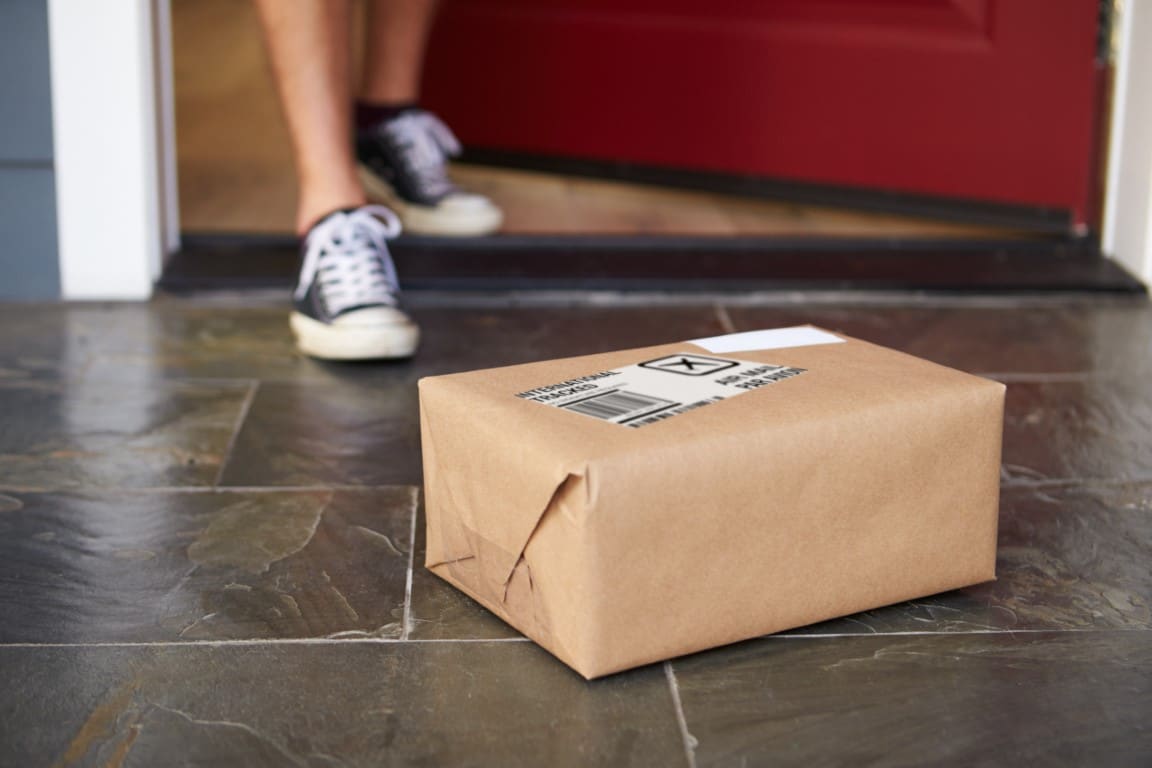For today’s shippers, ecommerce is a necessity, as is giving customers a variety of ways to access and purchase their products. One of the most efficient and effective ways to sell to clients is direct-to-consumer (D2C) ecommerce. In this process, companies sell their products online directly to the customers, often through their own online stores, and handle the fulfillment and distribution of orders, frequently with the support of a third-party logistics provider.
Companies that opt for direct-to-consumer ecommerce typically use it as part of a wider, multi-channel strategy that incorporates other methods, such as a marketplace website or a physical retail store. D2C ecommerce fulfillment provides companies with a host of benefits, though it also is a demanding process that requires experience, expertise, and resources, as well as a diligent, sophisticated approach.
At warehouse and fulfillment provider PDC Fulfillment (a division of Distribution Technology, a third-party logistics provider based in Charlotte, North Carolina), we have the expertise and experience to work with our ecommerce clients to develop a modern ecommerce operation that takes advantage of the range of capabilities available to them.
Here are some keys to know about ecommerce fulfillment.
Efficiency
An efficient, smooth operation is crucial to a successful direct-to-consumer ecommerce fulfillment effort. Large marketplace sites such as Amazon are equipped to turn around orders quickly, and subsequently D2C efforts need to be prepared to do the same. Consumers have high expectations for rapid delivery, putting pressure on companies to manage a streamlined supply chain that leads to very quick turnarounds of accurate orders. When customers encounter slow orders or mis-shipments, they may think twice about who they buy from next time. That means shippers need to work with supply chain partners who can limit both delays and errors, leading to a consistently high level of customer satisfaction – and ultimately to repeat business.
Direct control
By offering direct-to-consumer ecommerce fulfillment, shippers are able to maintain more control over their products and how they are marketed, managed, and packaged when compared to other ecommerce platforms. Shippers also save money on fees they would otherwise pay to a seller such as Amazon, allowing them to compete with customers with lower rates if they decide that is the best approach. In addition, companies can access customer data more directly that will help them better market to customers and provide more personalized service, leading to higher retention.
An experienced, expert partner
Most companies lack the resources to manage a D2C ecommerce fulfillment operation, particularly as they grow and need to scale to meet demand. However, a trusted 3PL such as Distribution Technology has the resources and expertise to manage the intricacies of the complex ecommerce fulfillment process. That includes providing sophisticated support of the inventory management process, tracking inventory levels and ensuring that shippers maintain sufficient stock of their products to keep up with customer demand and provide prompt deliveries. They can manage your picking, packing and shipping process, including unique packaging needs; take care of returned products; maintain control over quality; and provide support and insights to companies to help them manage their business. PDC Fulfillment has the resources and expertise to meet the demanding fulfillment needs of ecommerce and to help your business take full advantage of the booming online marketplace. We can work with your existing processes and business systems, and our data integration partner allows us to incorporate shopping cart services such as Shopify, Magento, WooCommerce, and Amazon Marketplace, among others. For more about our ecommerce fulfillment opportunities, visit https://www.pdcfulfillment.com/.
